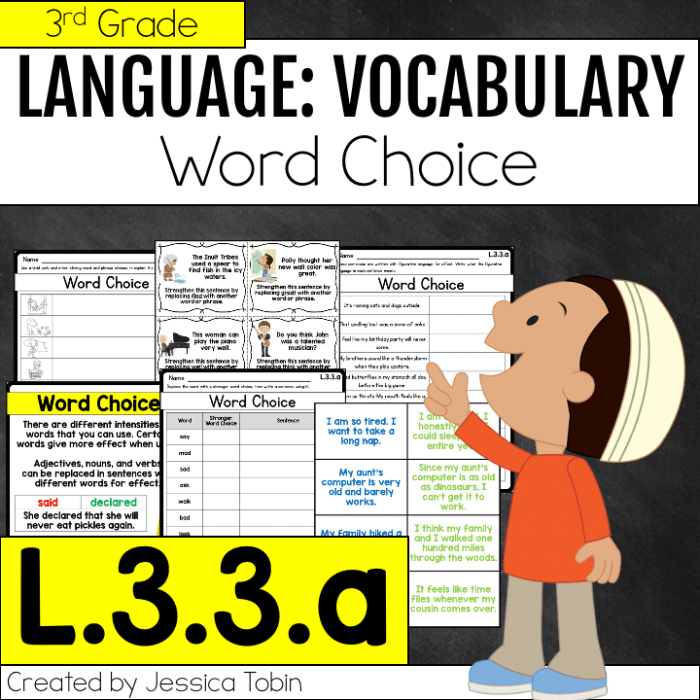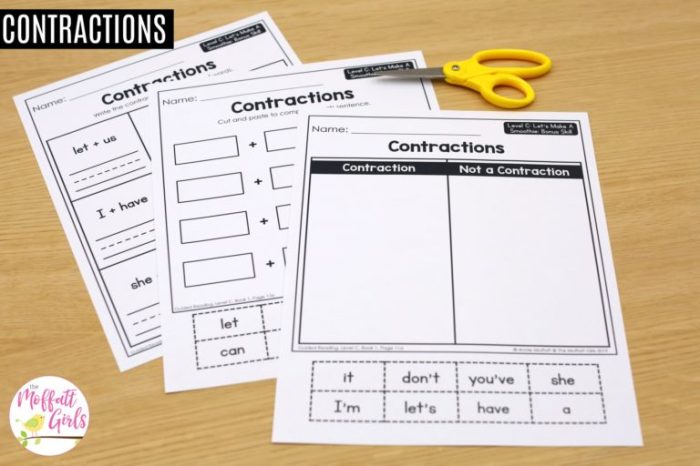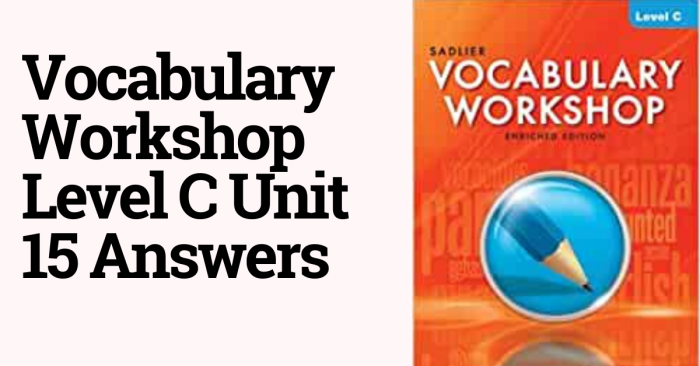Choosing the right word unit 3 level c – In the realm of language acquisition, choosing the right word unit is paramount to maximizing vocabulary development, reading comprehension, writing fluency, and overall communication skills. This comprehensive guide delves into the intricacies of word units, empowering learners to harness their potential for language mastery.
By understanding the nuances of word units, we can unlock a treasure trove of benefits that enhance our ability to comprehend, express, and communicate effectively. From expanding our vocabulary to improving reading comprehension, writing clarity, and communication efficacy, word units serve as a cornerstone for language proficiency.
Word Units: Choosing The Right Word Unit 3 Level C

Word units are essential building blocks of language. They enhance vocabulary, aid in reading comprehension, contribute to writing fluency, and provide a framework for word unit analysis. Choosing the right word unit in context is crucial for effective communication.
Vocabulary Development
Word units expand vocabulary by providing context and meaning. For instance, the word “play” has multiple meanings depending on its context. As a noun, it refers to an activity (e.g., “playing the piano”), while as a verb, it can mean to participate in a game (e.g.,
“playing basketball”). By understanding the different word units associated with “play,” learners can expand their vocabulary and use it appropriately.
Reading Comprehension
Word units help identify key concepts and improve reading comprehension. For example, in the sentence “The students eagerly awaited the results of the exam,” the word unit “eagerly awaited” conveys the students’ anticipation. Understanding this word unit allows readers to grasp the emotional state of the students without having to read the entire sentence.
Writing Fluency
Word units contribute to writing fluency by providing sentence structure and clarity. The word unit “because” connects two ideas and explains the relationship between them. By using the correct word unit, writers can create coherent and logical sentences. For instance, in the sentence “The car broke down because it ran out of gas,” the word unit “because” establishes the cause-and-effect relationship between the car breaking down and running out of gas.
Word Unit Analysis
Analyzing word units involves identifying their structure and meaning. One method is to use a dictionary or thesaurus to find synonyms and antonyms. Another method is to break down the word unit into its component parts. For example, the word unit “unforgettable” can be broken down into the prefix “un-” (meaning “not”) and the root word “forgettable” (meaning “able to be forgotten”).
Word Unit Applications, Choosing the right word unit 3 level c
Word units have practical applications in various academic settings. In literature, they help students analyze the author’s use of language and identify literary devices. In history, they provide context for historical events and help students understand the perspectives of different historical figures.
In science, they enable students to communicate scientific concepts clearly and accurately.
FAQ Resource
What are the key benefits of choosing the right word unit?
Choosing the right word unit can enhance vocabulary development, improve reading comprehension, contribute to writing fluency, and facilitate effective communication.
How do word units contribute to vocabulary expansion?
Word units provide a framework for understanding the relationships between words, allowing learners to expand their vocabulary by associating new words with known concepts.
What is the role of word units in reading comprehension?
Word units help readers identify key concepts and understand the structure of text, enhancing their ability to comprehend and retain information.

